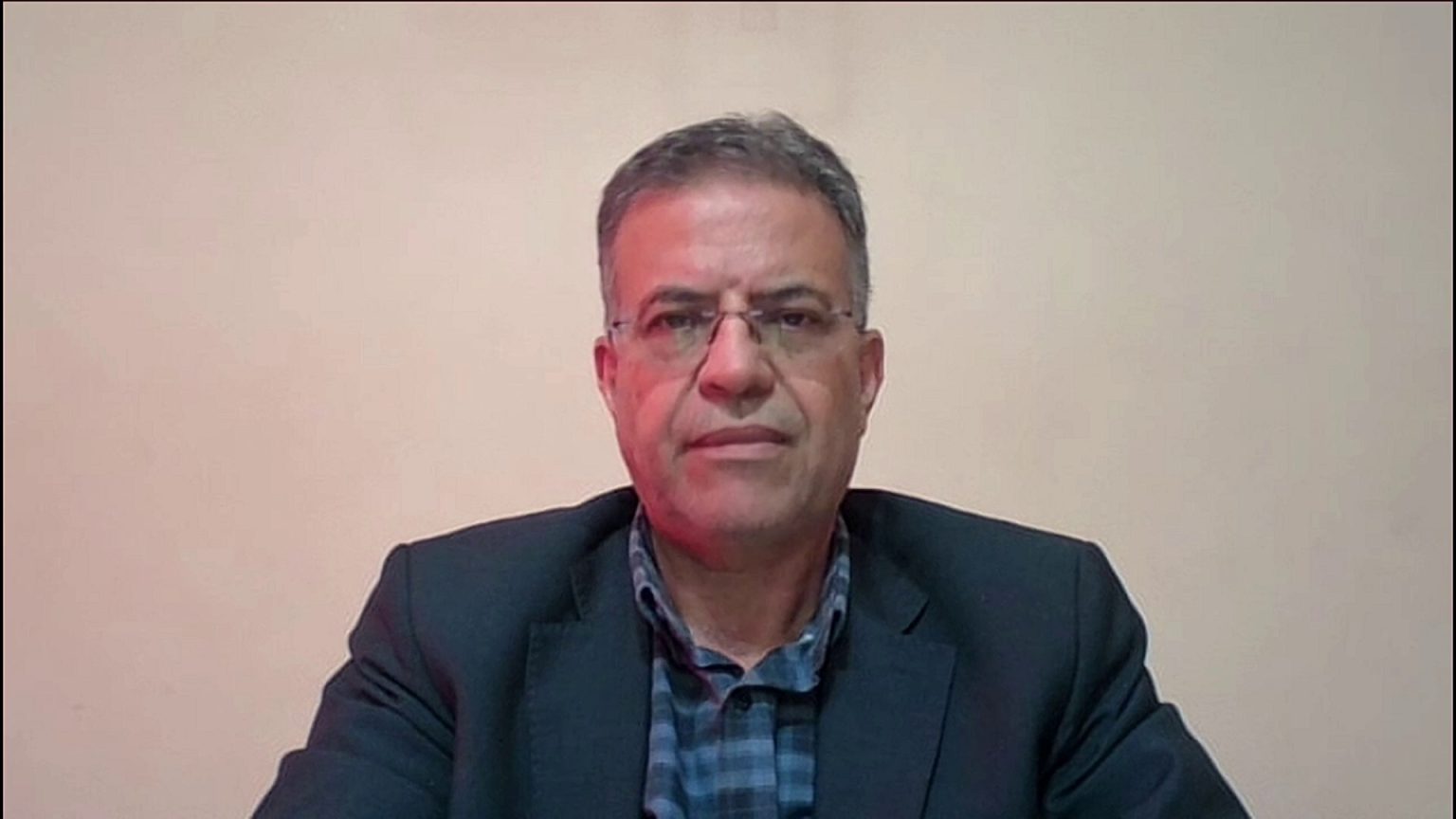The situation in Gaza continues to deteriorate, with a critical lack of essential supplies and a rapidly unfolding humanitarian crisis. Recent statements from Adnan Abu Hasna, the media advisor to the United Nations Relief and Works Agency for Palestine Refugees in the Near East (UNRWA), highlight the severe restrictions imposed by Israel that are exacerbating the suffering of the civilian population. The deliberate obstruction of aid, particularly مساعدات غزة (Gaza aid), is leading to widespread illness, displacement, and a collapse of vital services. The agency is working tirelessly, but its efforts are severely hampered by the ongoing blockade and access limitations.
الوضع المأساوي: منع دخول المساعدات الإنسانية إلى غزة
The scale of the deprivation is staggering. Abu Hasna revealed that Israel is preventing the entry of 6,000 trucks loaded with food supplies – enough to sustain the Gaza Strip for three months. This isn’t just about food; the blockage also includes hundreds of thousands of tents, blankets, mattresses, and winter clothing, sufficient for approximately 1.4 million Palestinians facing the harsh winter months. This block of crucial إغاثة عاجلة (urgent relief) is a deliberate act, placing an immense burden on the already stretched resources within the Gaza Strip. The impact is felt most acutely by vulnerable populations, including children, the elderly, and the sick.
جهود الأونروا المستمرة رغم التحديات الهائلة
Despite the immense challenges, UNRWA is maintaining a strong presence and providing critical support through three key programs: education, healthcare, and relief. The education sector has seen a significant achievement – the restoration of learning for 300,000 students in UNRWA schools and shelters. This represents a vital lifeline for the children of Gaza, offering a semblance of normalcy amidst the chaos and destruction.
تحديات الرعاية الصحية في ظل الحصار
The healthcare sector is equally strained, receiving around 15,000 patients daily despite the siege. Access to medicine, medical supplies, and even basic healthcare is severely limited. The situation is compounded by the deteriorating sanitation conditions and the increased risk of disease outbreaks, particularly now with the onset of winter. The lack of adequate healthcare access is leading to preventable deaths and long-term health complications. This highlights the urgent need for دعم طبي (medical support) to be allowed into Gaza.
الأمطار والتهجير: تفاقم الأزمة الإنسانية
The recent rainfall, even for a few hours, dramatically exposed the fragility of the situation. These relatively short periods of rain caused the displacement of tens of thousands of Palestinian families, who are already living in extremely precarious conditions. The homes of over 259,000 families have been destroyed, leading to the displacement of 1.5 million Palestinians. These individuals are forced to live either on the streets or in dilapidated tents, constantly seeking shelter from the elements.
The repeated cycles of displacement are deeply traumatizing. Abu Hasna poignantly described how people have been forced to flee their homes 15 to 20 times. The tents they rely on are no longer providing adequate protection, barely qualifying as habitable shelters. This continuous instability is taking a devastating toll on the mental and physical health of the population.
انهيار المناعة وظهور الأوبئة
The dire living conditions and lack of access to healthcare have led to a concerning rise in diseases. According to Abu Hasna, hundreds of thousands of cases have emerged in recent days due to the collapse of individual immune systems. Malnutrition, lack of clean water, and the spread of infectious diseases are creating a perfect storm for a large-scale health catastrophe.
الأونروا: شريان الحياة الذي تحاول إسرائيل إغلاقه
Abu Hasna stressed that UNRWA remains the primary, and often sole, provider of humanitarian assistance in Gaza. Other organizations are struggling to replicate the agency’s extensive network of staff and established distribution channels. Consequently, many organizations are channeling resources to UNRWA for distribution, recognizing its unparalleled ability to reach those in need. He powerfully stated that disrupting UNRWA is tantamount to sentencing Gaza to die, and that this is effectively what is happening now. Efforts like the Gaza Humanitarian Organization have not been successful in filling the void.
الجهود الدبلوماسية والإلحاح بتدخل عاجل
UNRWA is actively engaged in diplomatic efforts, contacting all relevant parties regionally and internationally to advocate for the unimpeded access of مساعدات غزة (Gaza aid). The urgency is particularly acute in light of the approaching winter and the potential for further flooding. The agency is seeking to secure the release of aid purchased with hundreds of millions of dollars, currently held up at the borders.
In a moving appeal, Abu Hasna questioned how a tent, a baby bottle, or a vaccination could possibly pose a threat to Israeli security. He called for an end to all restrictions and the opening of all access points to allow for the delivery of essential aid to the besieged population.
In conclusion, the situation in Gaza is a critical and rapidly deteriorating humanitarian crisis. The deliberate obstruction of مساعدات غزة (Gaza aid) by Israel is exacerbating the suffering of the civilian population and threatening to unravel the fragile support systems provided by UNRWA. Immediate action is required internationally to pressure Israel to allow the free flow of aid, including food, shelter, and medical supplies, to save lives and prevent further catastrophe. The world must listen to the desperate pleas for help and respond with the urgency and scale demanded by this unprecedented crisis.


